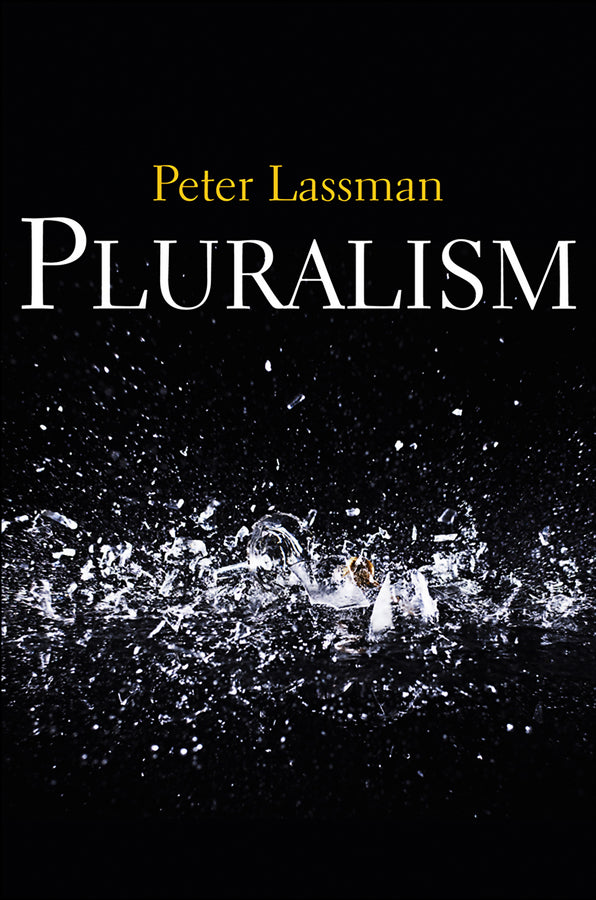Description
Explore the intricate landscape of value pluralism with our essential political philosophy book, designed for both postgraduate and undergraduate students. This enlightening publication, which is brand new and published by John Wiley & Sons (UK) in 2011, delves into the fascinating problem of value pluralism that resonates throughout modern political theory. Engage with the thoughts of esteemed thinkers such as Max Weber, Isaiah Berlin, and Stuart Hampshire, who navigate the often pessimistic waters of pluralism. Alternatively, discover the more hopeful interpretations offered by John Rawls and Jürgen Habermas, who propose that these complexities may be manageable rather than disastrous. With 320 pages of in-depth analysis and accessible content, this book serves as a guiding light for anyone looking to comprehend the various responses political philosophers have formulated regarding the challenges of plural values. Perfect for scholars, students, and anyone interested in understanding contemporary political discourse, this book makes a valuable addition to your library. Note: Shipping for this item is free. Please allow up to 6 weeks for delivery. Once your order is placed, it cannot be cancelled.
Note: Shipping for this item is free. Please allow up to 6 weeks for delivery. Once your order is placed, it cannot be cancelled.
Condition: BRAND NEW
ISBN: 9780745616186
Year: 2011
Publisher: John Wiley & Sons (UK)
Pages: 320
Description:
The problem of value pluralism permeates modern political
philosophy. Its presence can be felt even when it is not explicitly
the central topic under investigation. Political thinkers such as
Max Weber, Isaiah Berlin and Stuart Hampshire derive pessimistic,
sometimes tragic, conclusions from their reflections upon
pluralism. On the other hand, there is a more optimistic view
represented by John Rawls and JĂĽrgen Habermas that sees value
pluralism as a problem that is easier to live with. This book
presents the first accessible overview for both post- and
undergraduate students of the way in which this problem has been
understood and responded to by modern political thinkers.
Note: Shipping for this item is free. Please allow up to 6 weeks for delivery. Once your order is placed, it cannot be cancelled.
Condition: BRAND NEW
ISBN: 9780745616186
Year: 2011
Publisher: John Wiley & Sons (UK)
Pages: 320
Description:
The problem of value pluralism permeates modern political
philosophy. Its presence can be felt even when it is not explicitly
the central topic under investigation. Political thinkers such as
Max Weber, Isaiah Berlin and Stuart Hampshire derive pessimistic,
sometimes tragic, conclusions from their reflections upon
pluralism. On the other hand, there is a more optimistic view
represented by John Rawls and JĂĽrgen Habermas that sees value
pluralism as a problem that is easier to live with. This book
presents the first accessible overview for both post- and
undergraduate students of the way in which this problem has been
understood and responded to by modern political thinkers.

